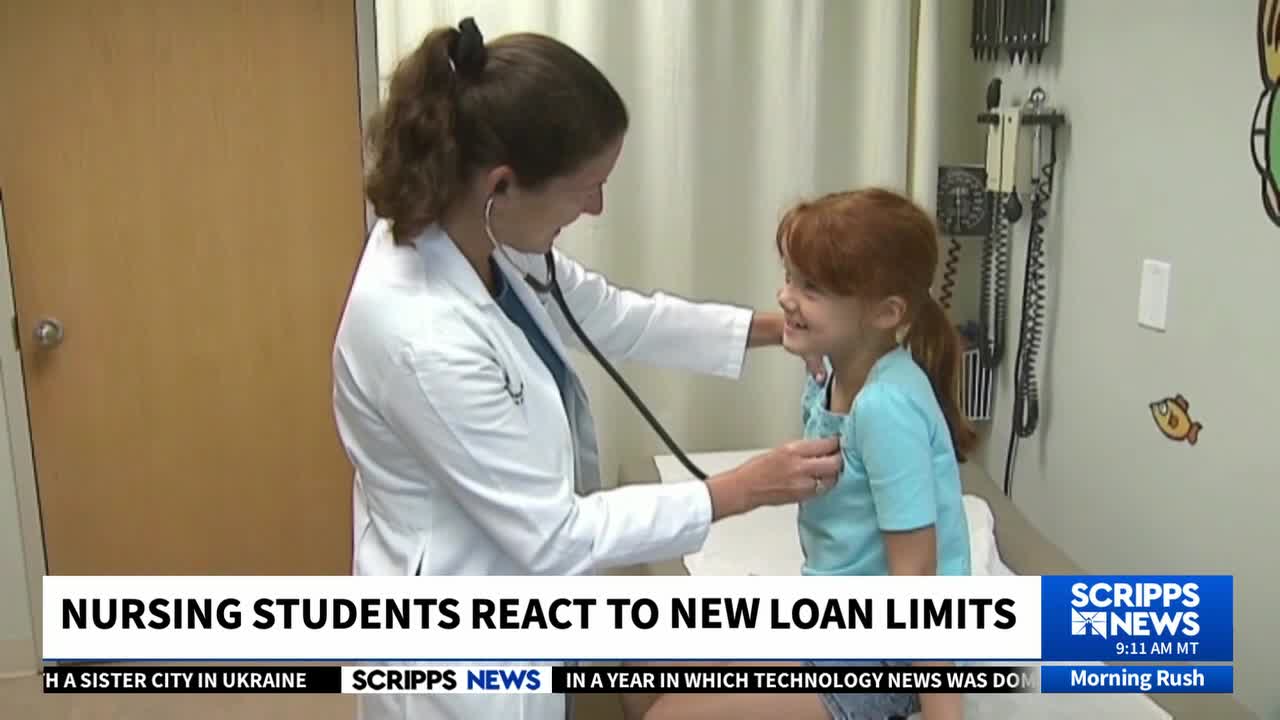The Trump administration's move to no longer classify nursing as a professional degree has sparked concern for many who wonder what the change means for student loans and how they'll be limited for future nurses.
Becoming a nurse isn’t easy, but for University of Utah Doctor of Nursing Practice graduate student Laura Linton, it’s a passion.
“I actually started out 20-something years ago as a nurse in labor and delivery, and I loved it," Linton said Monday.
Now a graduate student, Linton went back to school to help make a difference in the nursing field. When she read that nursing would stop being considered a professional degree, her initial reaction was one of hurt.
“A stab in the heart," she admitted. "I feel like for someone who loves the field, and I have other people medical in my family, I think nursing is a very caring profession."
IN CASE YOU MISSED IT | Trump Administration details plans to further dismantle Department of Education
According to the Department of Education, borrowing will be capped for graduate programs and professional degrees come July 2026. The new change will eliminate the Grad Plus Loan program and limit federal graduate student loans to $20,500 per year, with a total cap of $100,000.
The department claimed that loan limits will drive down the cost of graduate programs and that most students borrow below the annual limit, and said it would not have an impact on undergraduate programs.
Dr. Melissa Hinton with the Association of Utah Nurse Practitioners believes the new limits could hurt the workforce.
“At this point, nurse practitioner school is close to $100,000. A nurse is usually over $50,000. Those numbers being so concrete, just completely says that nurses aren’t important,” said Hinton.
When it comes to affordability, Rieneke Holman, Associate Dean of Nursing at Weber State University, says the price of their nursing programs is within those proposed limits.
FROM THE ARCHIVES | Colorado Council of Black Nurses is helping to further 'space nursing' as a medical specialty
“We need people to go on and become nurse practitioners or nurse educators," Holman said. "There’s so many different things in addition to bedside nursing that’s so important. All of those pieces are really important.”
For current students like Linton, she continues to work hard towards her degree.
“I think that nursing has worked hard to get the respect that it has," she said. "I think that that’s kind of pulling away from that. That’s kind of a challenge for a lot of people."
This story was originally published by Julia Sandor with the Scripps News Group in Salt Lake City.




